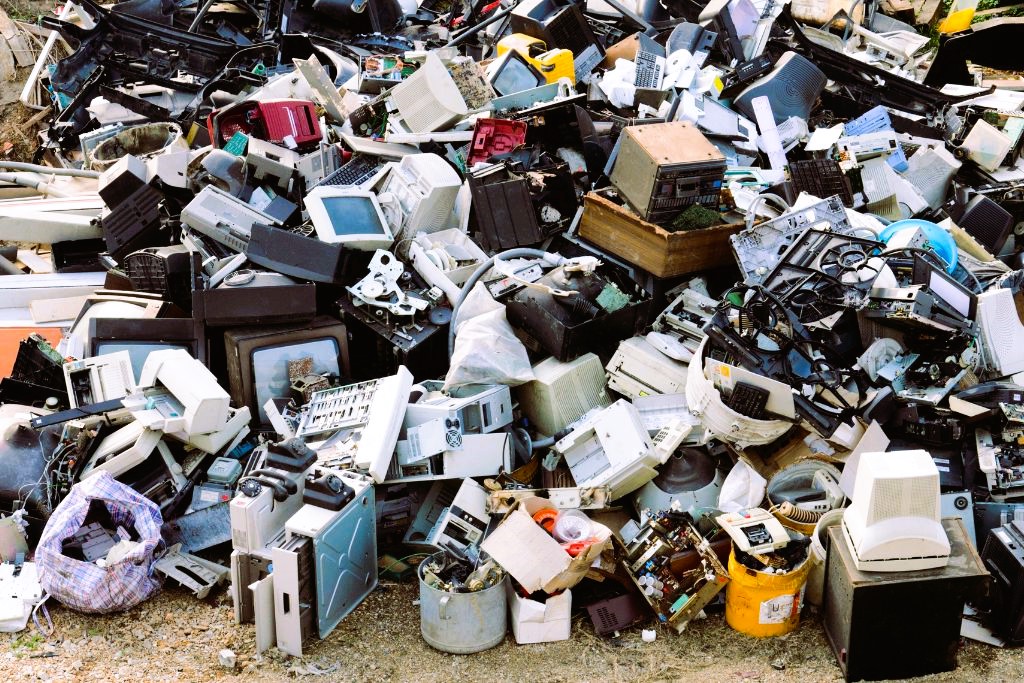In our tech-driven world, gadgets have seamlessly woven into our daily lives, with a staggering 55% of Canadians owning smartphones, alongside a multitude of other electronic devices. While these gadgets have undeniably transformed the way we live, their improper disposal can pose severe threats to the environment. Electronic recycling emerges as a crucial solution, shedding light on the consequences of neglecting proper disposal protocols.
The Toxic Toll on the Environment: Each year, millions of tons of electronics find their way to landfills worldwide, including computers, phones, TVs, and various other devices. These gadgets often harbor hazardous materials such as nickel, mercury, lead, and cadmium. When left untreated in landfills, these toxic components can potentially harm both human health and the environment.
Scavenging Hazards: Dumping electronics in the trash can lead to a perilous fate – scavengers dismantling these devices to extract and sell metals. This process, rampant in countries like China, India, and Pakistan, often occurs without adequate worker protection or adherence to environmentally friendly practices. Workers, devoid of protective gear, face exposure to dangerous chemicals, impacting their health. Simultaneously, these harmful substances are released into the atmosphere, jeopardizing the well-being of others and contributing to environmental damage.

Metal Contamination: As scavengers strip metals from discarded gadgets, these materials can infiltrate our water sources and the air we breathe. This continuous release of millions of tons of metals into the environment results in significant harm to the Earth and poses risks to our overall health.
Depletion of Rare Metals: Many gadgets contain rare and limited-supply metals. China, holding over 90% of the world's rare earth supplies, has cautioned about the accelerating decline in its reserves due to extensive mining. This depletion raises concerns about the future availability of these crucial metals. Demographic time bomb, more details in our article.
Taking Action: Fortunately, there are proactive steps individuals can take to mitigate electronic dumping and contribute to environmental preservation:
- Recycling Services: Utilize reputable service providers to responsibly recycle unwanted electronics, ensuring they don't end up in landfills.
- Donation: Consider donating functional but unwanted gadgets to friends, family, or local charities, extending their lifespan and reducing waste.
- Extended Use: Rather than rushing to buy the latest models, strive to extend the life of your current devices. This conscious effort minimizes unnecessary electronic turnover.
In conclusion, electronic recycling stands as a pivotal practice to safeguard our planet and public health. By adopting responsible disposal habits, we can collectively address the environmental challenges posed by our rapidly evolving technological landscape.
If you want to read more about this topic, you can visit the Wikipedia page.

